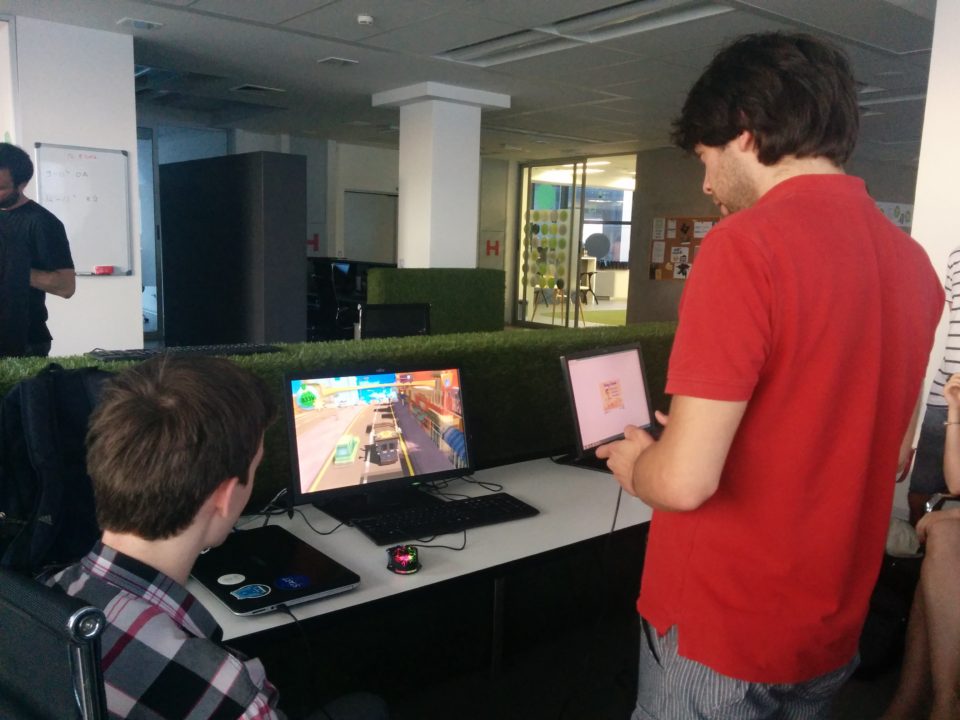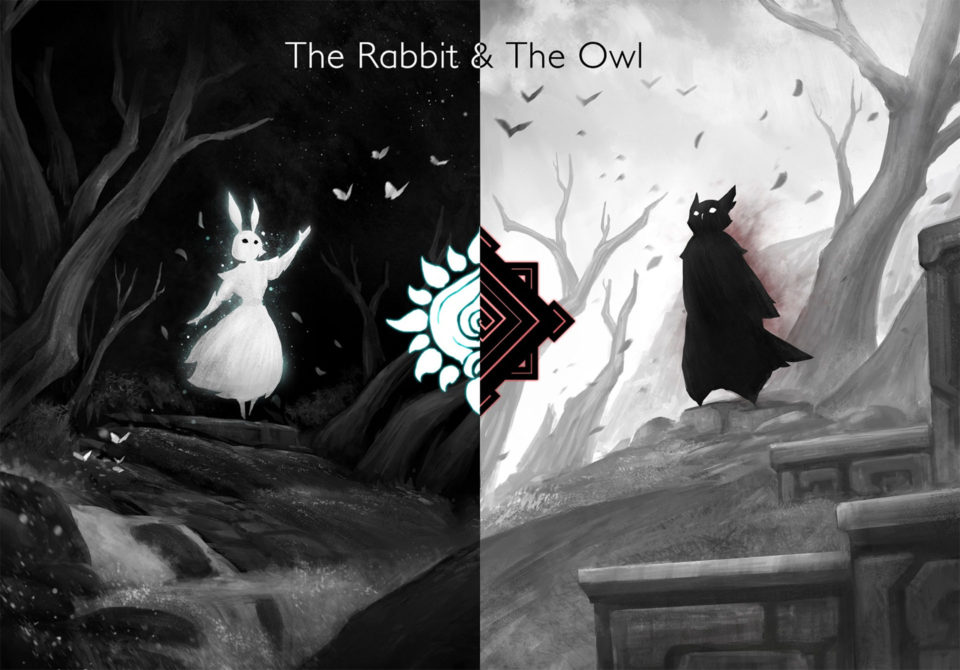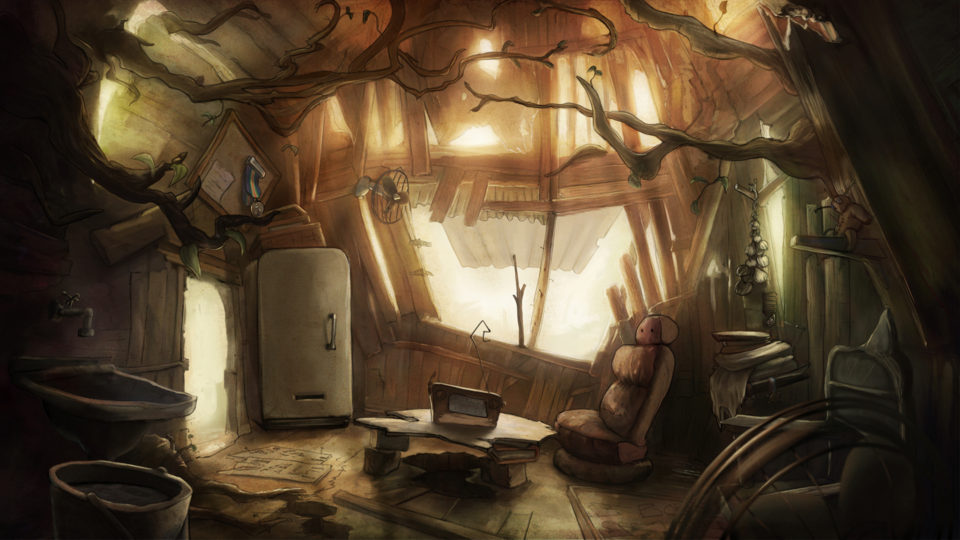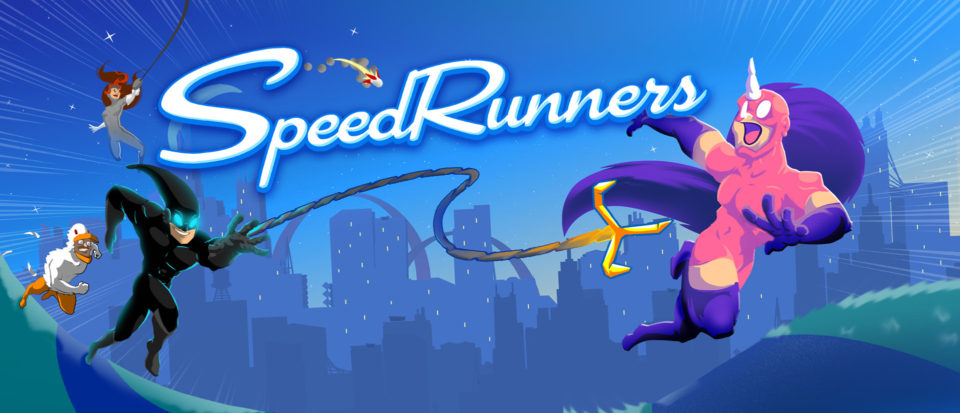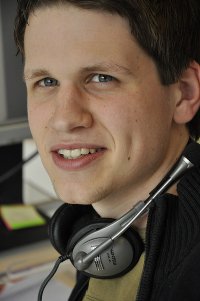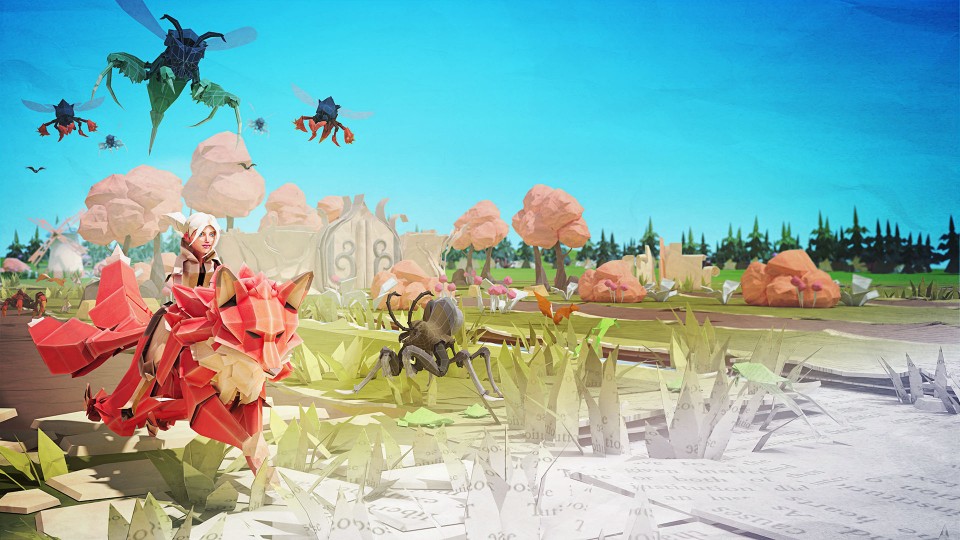
We first saw Benoît Freslon’s game EnigmBox at Casual Connect’s Indie Prize in London 2018 where it won the Best Game Design award. Also at Casual Connect Asia 2016 in Singapore, EnigmBox won the Most Innovative Game and Best in Show: Critic’s Choice award. Winning these prizes gave Benoît the motivation to keep working with the experimental game. But as proud as he was of the awards, he was equally happy with the friends he made there.
Benoit believes the prizes he won with EnigmBox gave him credibility with publishers and partners. Specifically, Asian publishers would like to publish the game in China, but he is still in negotiations with them.
A Game With Potential
Now Benoît has a new version of the game, EnigmBox 2.0. He felt that the game, created in 2013, had become outdated in terms of design, user interface, user experience and game feel. As well, he had many new puzzles he would like to experiment with. And a significant number of players and publishers had asked him to create a version for Android. So, with the awards from Indie Prize confirming that the game had potential, Benoît decided to work on a new version of EnigmBox, but this time using Unity 3D.
Benoit began the process of creating the new version by listening to feedback from players and experts. Then he started redesigning and polishing the design, the monetization, the UI, the UX, the tutorial, the puzzles and even the colors.

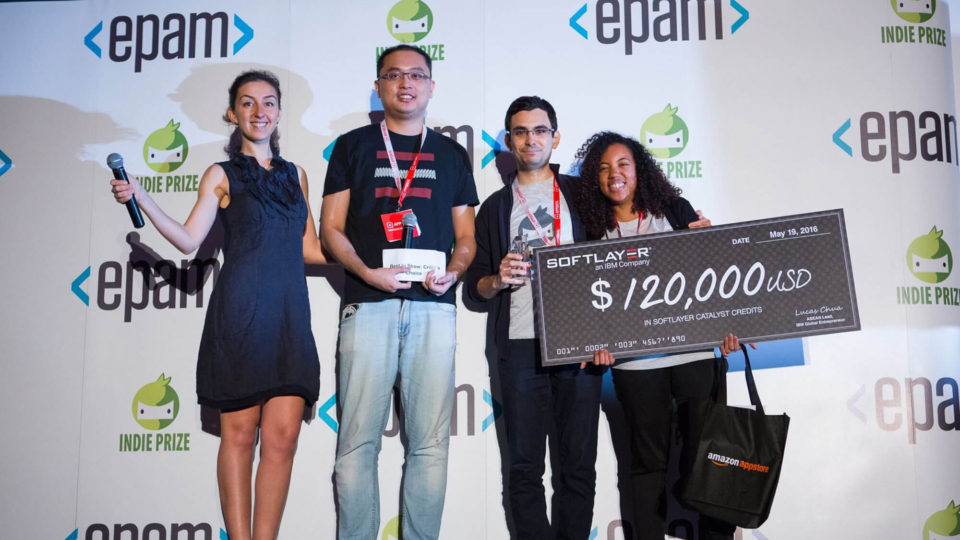
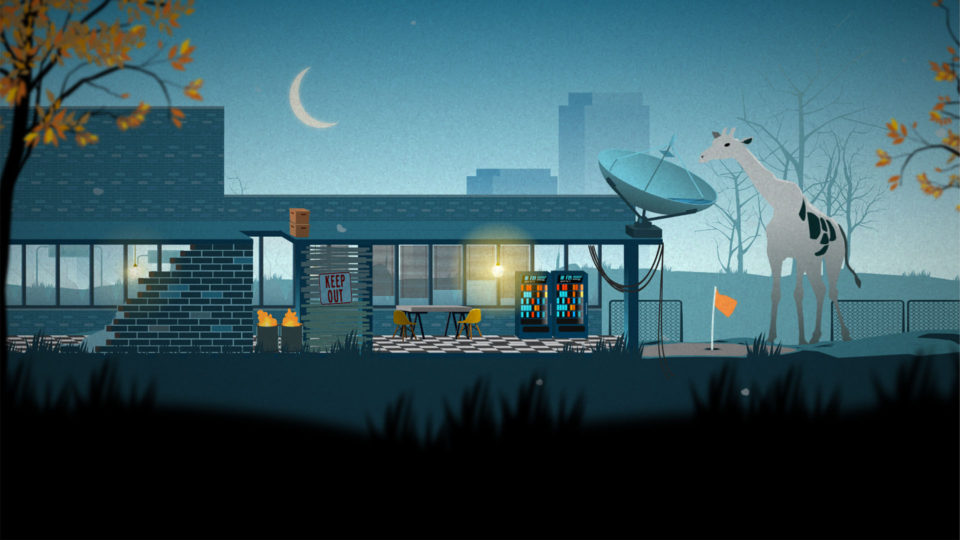
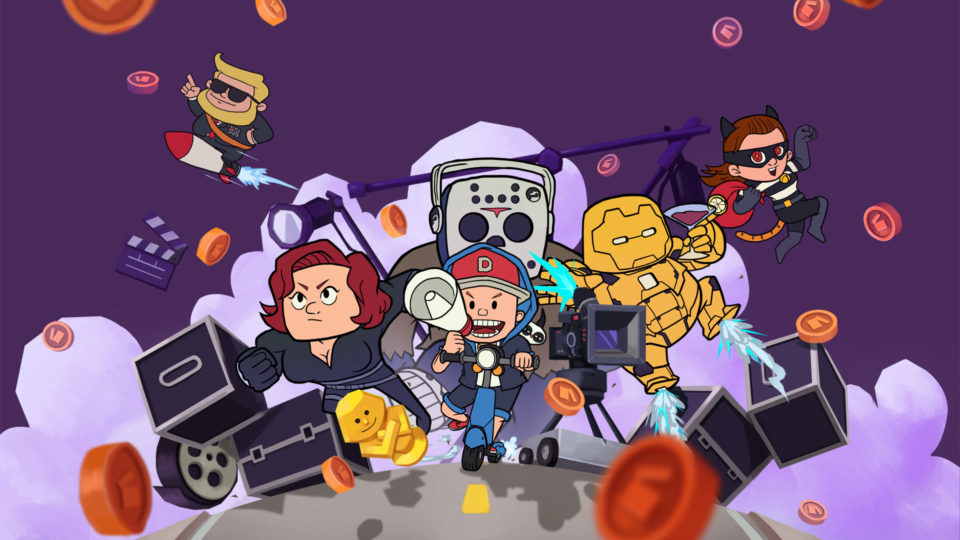
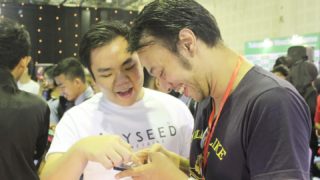 Despite their mission to spread the joy of gaming, Joyseed Gametribe quickly discovered that there are a lot of business decisions necessary as they work to find an effective way to distribute their products. So their short term focus is simply to survive in the very tough game industry, and then to expand, growing bigger and better.
Despite their mission to spread the joy of gaming, Joyseed Gametribe quickly discovered that there are a lot of business decisions necessary as they work to find an effective way to distribute their products. So their short term focus is simply to survive in the very tough game industry, and then to expand, growing bigger and better.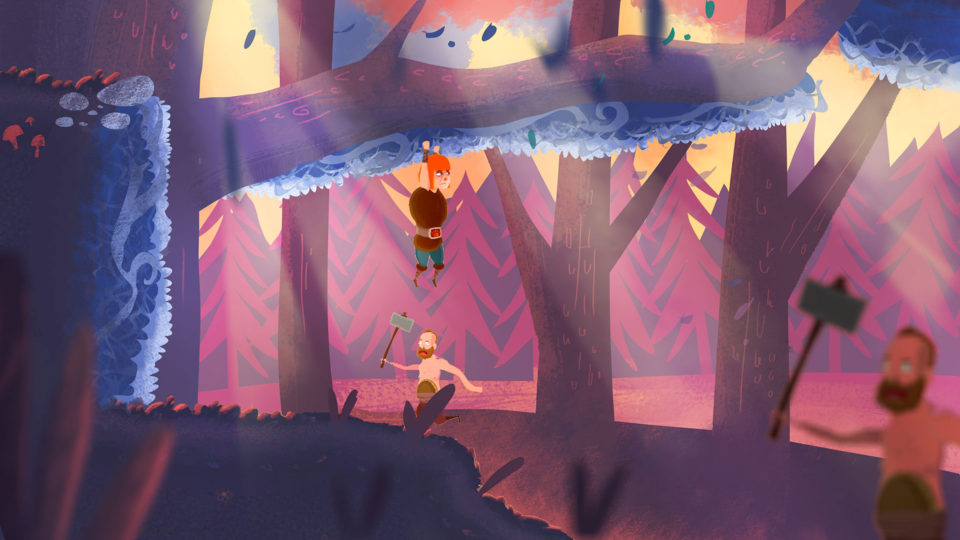
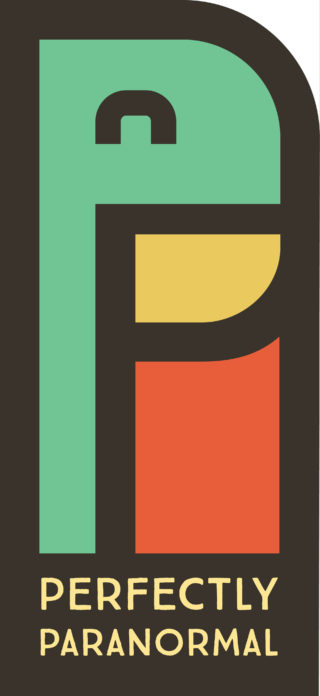 What is the Indie journey like? What does it take to come up with exciting ideas, create your own company and develop a winning game? Recently Gamesauce was fascinated to learn from writer/animator Ozan Drøsdal about the process that began with a group of friends making a game and led to a company called Perfectly Paranormal developing the winning game, Helheim Hassle, at Konsoll Connect. As winners, the indie team has won the opportunity to compete at Indie Prize London which will take place at Casual Connect Europe on 29-31st of May 2018.
What is the Indie journey like? What does it take to come up with exciting ideas, create your own company and develop a winning game? Recently Gamesauce was fascinated to learn from writer/animator Ozan Drøsdal about the process that began with a group of friends making a game and led to a company called Perfectly Paranormal developing the winning game, Helheim Hassle, at Konsoll Connect. As winners, the indie team has won the opportunity to compete at Indie Prize London which will take place at Casual Connect Europe on 29-31st of May 2018.